FACAP-led human rights course
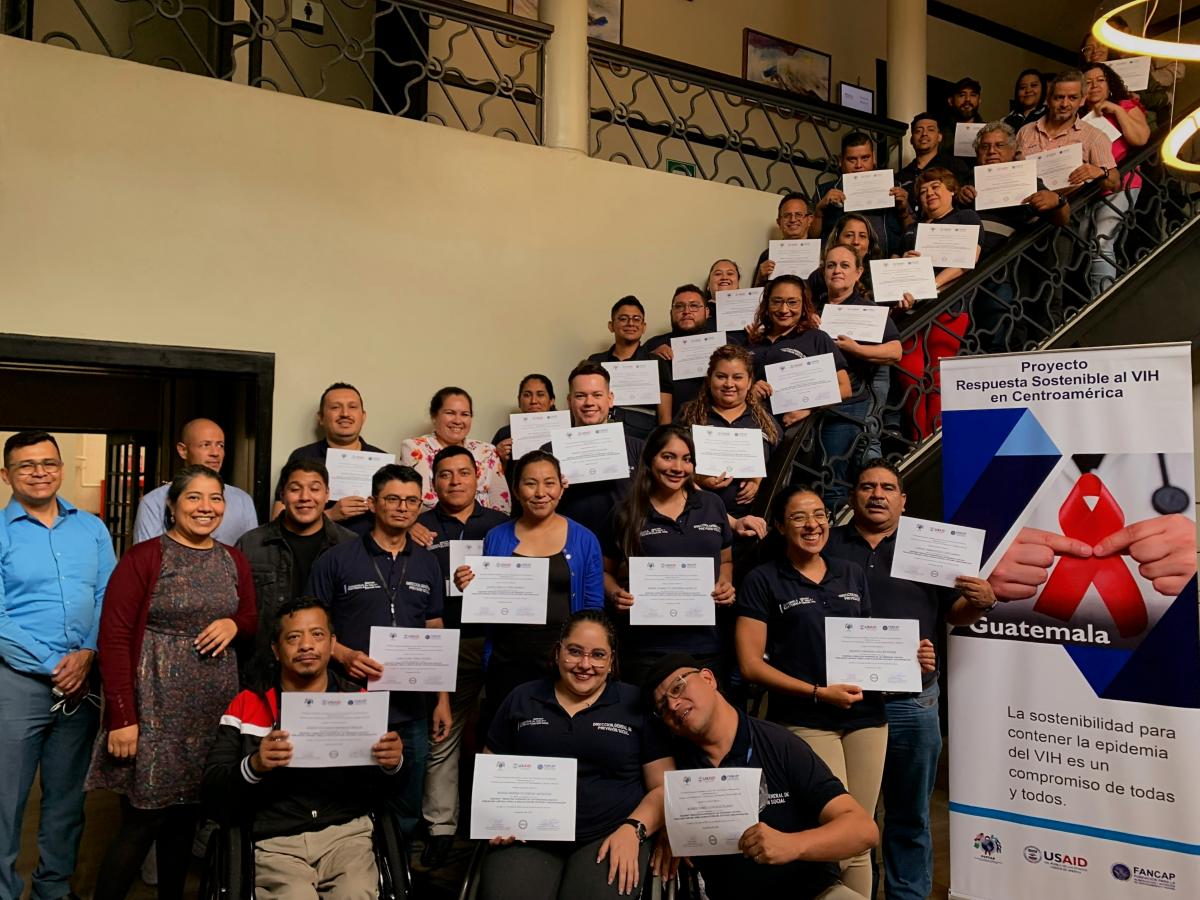
Twenty years ago, an HIV diagnosis was a death sentence. It was much harder to discuss and there was much more stigma and discrimination. Currently, new technologies, treatments, and information allow for a comprehensive approach to the epidemic.
Since our founding in 1975, we have sought to improve the health of the people across Central America. This work allowed FANCAP to position itself as an essential regional organization in the response to the HIV epidemic.
We have extensive experience working in the region and addressing the legal and regulatory framework of HIV and stigma and discrimination. We’re proud of our role as a technical leader in HIV policies at the regional level. For example, FANCAP supported the National HIV Program in updating the Policy for a Comprehensive Response to HIV and Sexually Transmitted Infections. We are now waiting for the Ministry of Health to officially approve the policy and share it with the public.
We also work closely with local civil society organizations and communities to improve the quality of HIV services provided at local facilities. We do this through a community-led monitoring initiative that helps PEPFAR programs and health facilities diagnose and identify persistent problems, challenges, and barriers related to access, uptake, and retention of HIV services at the community and service levels.
“The best part of my job is working with civil society and the satisfaction of helping to ensure that all people have access to quality services, free of stigma and discrimination.”-- Silvia Estrada, Director of USAID’s Sustainable Response to Health, HIV and Nutrition Project in Central America
FANCAP also works closely with the private sector. We’re proud that, for the first time in Guatemala, a palm oil company called Inmobiliaria Latina accepted a commitment to promote HIV policies for their workforce of more than 250 people. With technical assistance from FANCAP, this company is the first of the AgroSalud Gremial (AgroHealth Union) to have an HIV policy in its workplace. Also, in El Salvador, we supported the implementation of HIV policies for 25 companies, benefiting 30,000 employees.mmunity and service levels.
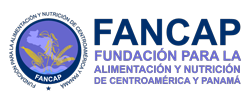
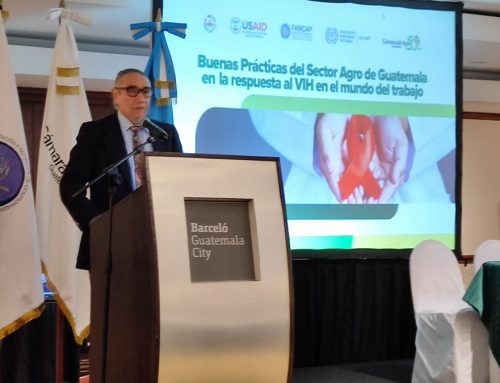
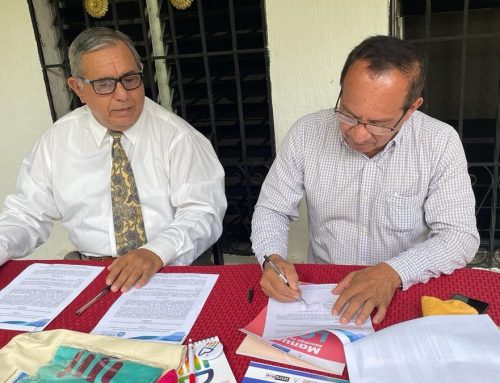
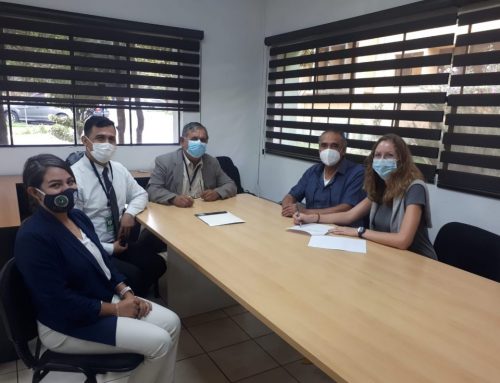
Deja tu comentario